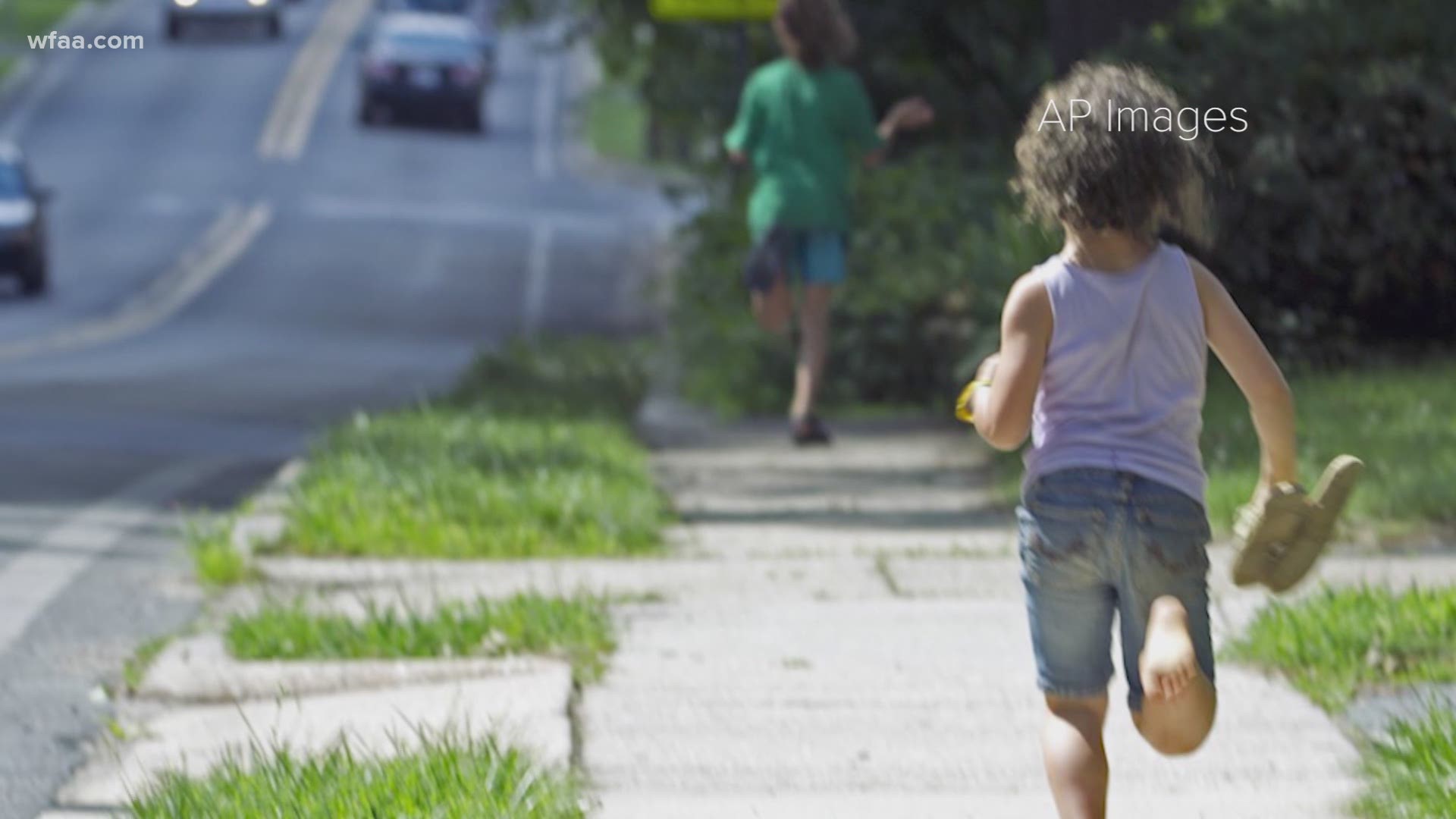FORT WORTH, Texas — Even as an adult, it might be hard to wrap our heads around what happened Wednesday in Washington, D.C.
Now imagine what that might be like for a child.
"I got a DM from my 14-year-old with a link, and she just wrote, 'umm? Like what's going on?," said Jenny Gomez.
Gomez is a mother of two girls and a counselor, currently working as a mental health consultant for KoonsFuller family law. She said talking to your kids about what happened should be tailored to each child.
"You have to look at your particular child, what they can process, what they can handle, how old are they—not just chronologically but developmentally," Gomez said. "And you have to assess as a parent how much can your child digest."
If they're young, she said, and likely not going to hear about what happened, keep it that way.
"I definitely think it's important to limit the exposure to scary stuff," she said.
But if they're old enough, with the potential to see it on social media or hear about it at school, or if they're asking about the events in Washington D.C., stay calm, said Cook Children's counselor Dr. Sam McCage.
"If you're not calm at the moment, then wait until you are," McCage said. "Then ask them what they've been exposed to, what they've seen, what they've heard."
And he recommended just to answer their questions.
"The most important thing is to be a good listener and hear them," McCage said. "And try not to share too much of your own anxiety with them. If they say they're anxious, it's okay to say I'm anxious, too. I certainly understand that. But don't overplay that simply because you're their protector."
Both McCage and Gomez said knowing what your children are consuming both online and off is important. And, when you can, show children that even in scary times, good people are around.
"Help them understand the world they're living in, in age appropriate ways, and then help them to be empowered to be good people to make it even better," Gomez said.

